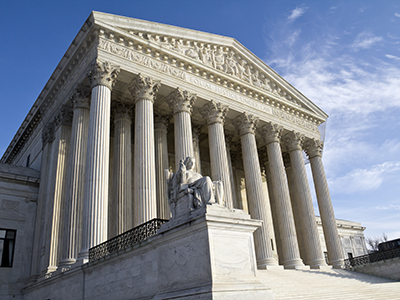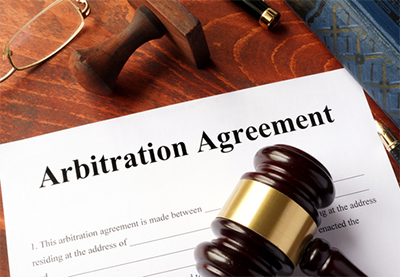Employers across the country started the work week with some positive and long-awaited news. On Monday, May 21, 2018, the U.S. Supreme Court ruled in a landmark case that employment arbitration agreements with class action waivers do not violate federal labor law. The Court’s 5-4 decision in Epic Systems Corp. v. Lewis, No. 160285 (U.S. May 21, 2018), consolidated with Ernst & Young LLP et al v. Morris et al., No. 16-300, and National Labor Relations Board v. Murphy Oil USA, Inc., et al. , No. 16-307, was authored by Justice Gorsuch, and settles the longstanding dispute over whether arbitration agreements containing class waivers are enforceable under the Federal Arbitration Act (FAA) despite the provisions of Section 7 of the National Labor Relations Act (NLRA). READ MORE
Epic News for Employers: Class Action Waivers in Arbitration Agreements are Enforceable











